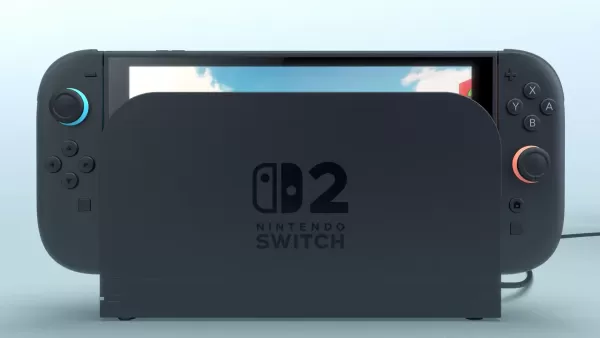Charting the Course: Development Paths for Lifeline
Lifeline, the groundbreaking interactive fiction game from 3 Minute Games, presents a compelling narrative adventure penned by acclaimed writer Dave Justus. Players act as a lifeline to Taylor, guiding them through perilous choices via real-time text messages. The game's success hinges on several key elements: player agency, real-time immersion, and a gripping survival narrative. Let's explore each:
Player Agency: Shaping Taylor's Destiny
Lifeline empowers players to shape the narrative and character development through their decisions. There's no single "right" path; the journey is defined by player choices. Effective strategies include:
- Intuitive Decision-Making: Trust your gut feeling; make choices that feel natural and authentic.
- Exploration: Experiment with different options to uncover hidden storylines and character arcs.
- Prioritizing Taylor's Well-being: Focus on actions that ensure Taylor's safety and maintain their morale.
- Building Rapport: Foster a strong connection with Taylor through questions and guidance.
- Attention to Detail: Observe clues within dialogue and descriptions to inform your choices.
- Considering Consequences: Carefully weigh the potential outcomes before making crucial decisions.
Real-Time Immersion: Blurring the Lines of Reality
Lifeline's unique real-time mechanic distinguishes it from traditional narrative games. This is achieved through:
- Real-World Integration: Push notifications deliver messages from Taylor at various points throughout the player's day, seamlessly blending gameplay with real life.
- Urgency and Immediacy: The real-time messaging creates a sense of urgency, making players feel directly involved in Taylor's struggle.
- Meaningful Interactions: Even mundane moments become opportunities for impactful choices and interactions with Taylor.
- Routine Transformation: Daily routines are transformed into engaging gameplay experiences, fostering anticipation and active participation.
- Enhanced Emotional Connection: The integration of Taylor's story into the player's daily life creates a deeper, more personal connection, resulting in a more impactful narrative.
A Gripping Narrative: Survival, Choice, and Resilience
Dave Justus's narrative prowess shines in Lifeline's compelling story:
- Compelling Premise: The game opens with a gripping scenario: a crash landing on an alien moon leaves Taylor stranded, setting the stage for a desperate fight for survival.
- Character Depth: Despite Taylor's isolation, their personality, vulnerabilities, and resilience are richly developed through player interaction.
- Suspenseful Twists: Unexpected encounters and revelations keep players engaged and guessing.
- Multiple Endings: The branching narrative ensures replayability and encourages exploration of diverse outcomes.
- Emotional Resonance: The story transcends survival; it explores resilience, friendship, and the human spirit, provoking emotional investment.
- Thought-Provoking Themes: Lifeline delves into profound themes such as the weight of choices, life's fragility, and the strength of the human spirit, encouraging introspection.
Conclusion
Lifeline's innovative real-time gameplay and captivating narrative, masterfully crafted by Dave Justus, redefine mobile gaming storytelling. The game's success lies in its ability to seamlessly blend player agency, real-time immersion, and a compelling narrative of survival, choice, and resilience.


























